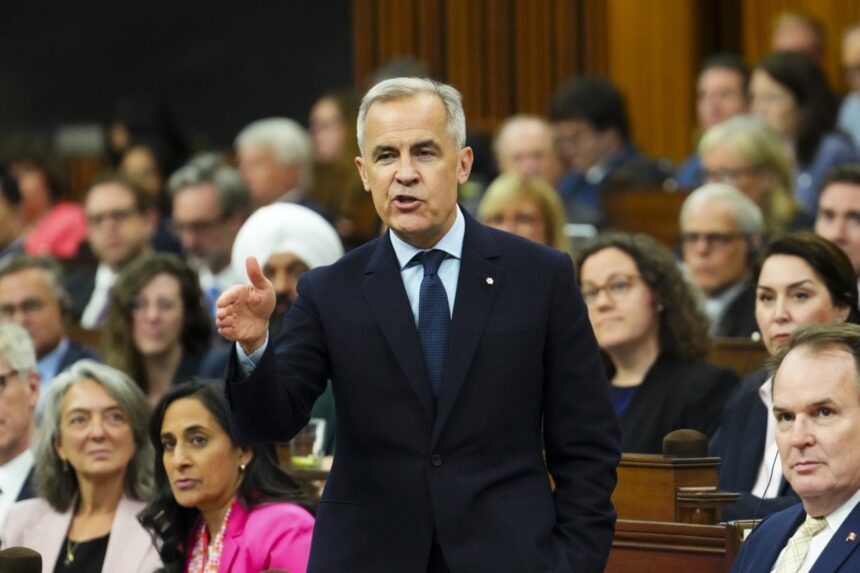Buried within the technical language of Canada’s latest international trade bill lies what health advocates are calling a potential time bomb for public health standards. Bill C-85, quietly making its way through Parliament, has triggered alarm bells among health professionals who warn it could fundamentally undermine Canada’s ability to protect its citizens from harmful substances.
The controversial legislation, designed to implement the Comprehensive and Progressive Agreement for Trans-Pacific Partnership (CPTPP), contains provisions that health experts claim would make it significantly harder for Canada to ban harmful chemicals and food additives that trading partners continue to permit.
“This bill essentially creates a race to the bottom for health standards,” says Dr. Melanie Thompson, director of the Canadian Association for Environmental Health. “We’re witnessing the prioritization of trade interests over the health of Canadians through mechanisms that would prevent us from implementing stronger protections than our trading partners.”
At the heart of the controversy is language in the bill that would require Canada to prove “scientific certainty” before restricting or banning potentially harmful substances if those restrictions exceed those of trading partners. This represents a significant departure from Canada’s traditional precautionary approach, which allows for protective action based on reasonable evidence of potential harm.
The Canadian Medical Association has joined a coalition of health organizations expressing deep concern about the bill’s implications. In a joint statement, they highlight how the legislation could impede Canada’s ability to implement measures like those recently taken in the European Union, which has banned thousands of chemicals based on emerging evidence of harm.
“What we’re seeing is a fundamental shift in how we approach public health policy,” explains Dr. Elizabeth Carter, health policy analyst at the University of Toronto. “Under this framework, Canada would need to wait for definitive proof of harm—often taking decades to establish—before acting to protect citizens, even when reasonable evidence suggests significant risk.”
The bill’s supporters, including Trade Minister Mary Ng, contend that these concerns are overblown, arguing that the legislation maintains Canada’s sovereignty while creating a more predictable environment for international trade. “Nothing in this agreement prevents Canada from regulating in the public interest,” Ng stated during parliamentary debate.
However, critics point to specific provisions that would allow trading partners to challenge Canadian regulations through dispute settlement mechanisms if those regulations exceed international standards or create “unnecessary obstacles to trade.” Such challenges could result in significant financial penalties or trade retaliation.
Environmental health researcher Dr. Jason Wong points to Canada’s experience with similar provisions in previous trade agreements. “We’ve already seen how these mechanisms can chill regulatory action. Officials become reluctant to propose stronger protections knowing they might trigger costly disputes, even when the science suggests action is warranted.”
The bill comes at a time when Canadian public health experts are advocating for stronger regulations on several fronts, including tighter controls on PFAS “forever chemicals,” stricter limits on pesticide residues in food, and more aggressive measures to address antimicrobial resistance.
With the legislation currently before Parliament, health advocates are urging Canadians to contact their representatives and demand amendments that would explicitly protect the country’s ability to implement health and environmental protections based on the precautionary principle.
As our global trading system becomes increasingly integrated, the fundamental question emerges: how do we balance the benefits of international commerce with our right to determine appropriate health protections for our citizens? The answer may well determine the future of public health policy in Canada for generations to come.














